The Top 5 Gifts to Give Your Pet This Christmas
One of the best ways to celebrate the holidays is by showing your love and appreciation for everyone special in your life, including your pets, too. Giving gifts is a great way to show your pets some love and help them have a little extra fun during the holiday season. Consider the following gift ideas for your dog or cat.

5 Christmas Gift Ideas for Pets
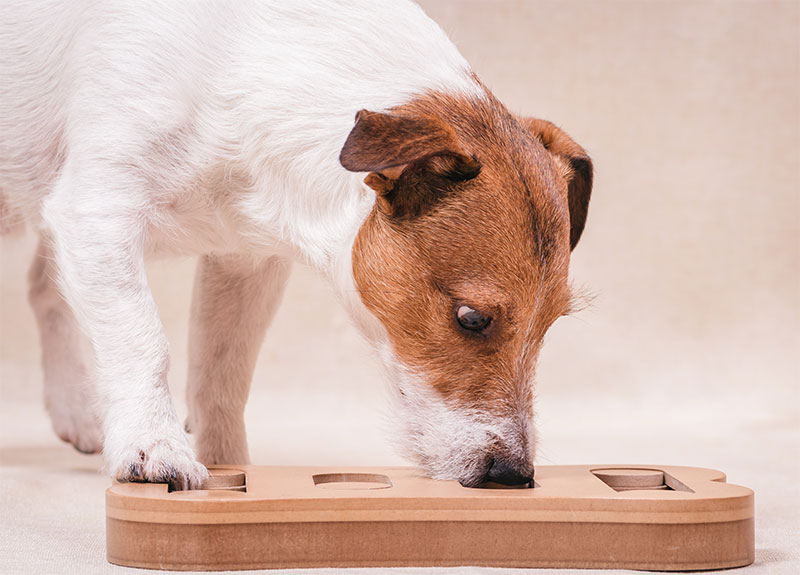
1. Puzzle Toys
Puzzle toys, like this one from Dr. Catch, are a great way to entertain dogs and stimulate their brains, keeping them motivated, focused, and busy for hours.
2. Interactive Cat Toys
Cats have lots of energy and a strong prey drive. This means that, between cat naps, they need to play. Interactive toys such as this electronic one from PetFusion, automate your cat’s playtime which means they can go wild while you’re busy with other things.
3. Silent Squeaker Toys
You probably already know that your dog can hear sounds that are outside the range of what human ears can detect, and that’s why Hear Doggy’s ultrasonic squeaker toys are a win-win for you and your pet. They can squeak away without interrupting your work, Zoom calls, or favorite television show.
4. Fancy Fountain
All cats prefer to drink fresh water, and some cats have significantly sophisticated tastes. If you have a fancy cat or if you’re simply a fancy human who prefers elegant-looking pet supplies, then we recommend this ceramic drinking fountain that looks more like an art piece than a watering hole for your household’s pets.
5. Gifts That Keep Giving
For the dog whom you wish to celebrate during the holidays and throughout the year, we recommend a subscription to Barkbox. Barkbox is a subscription box that arrives in the mail on your schedule, filled with any combination of toys and treats for dogs. Plus, you can customize your dog’s box to meet their individual dietary and play needs.
Fill Their Stockings With Compounded Prescription Medications
When your pet’s medications are compounded into their favorite flavor of treats, taking their medicine becomes a treat. If your pet is on long-term prescription medications for a chronic condition or a short-term run of medication to address an acute issue, we strongly encourage you to talk with your veterinarian about the available options for compounding pet meds. Compounded medications are easier to administer and can often be compounded into more effective formulas too. To learn more, we welcome you to contact VetMedics Compounding Pharmacy today.

 ACCOUNT LOGIN
ACCOUNT LOGIN ACCOUNT SIGN-UP
ACCOUNT SIGN-UP




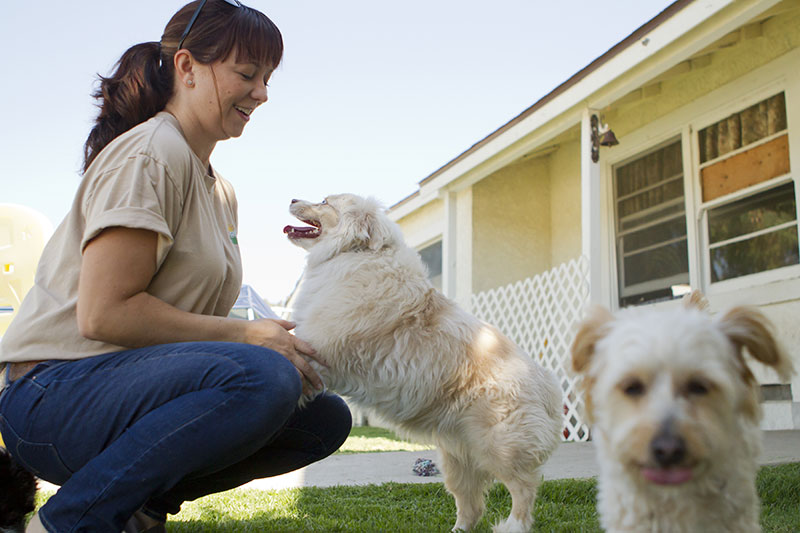




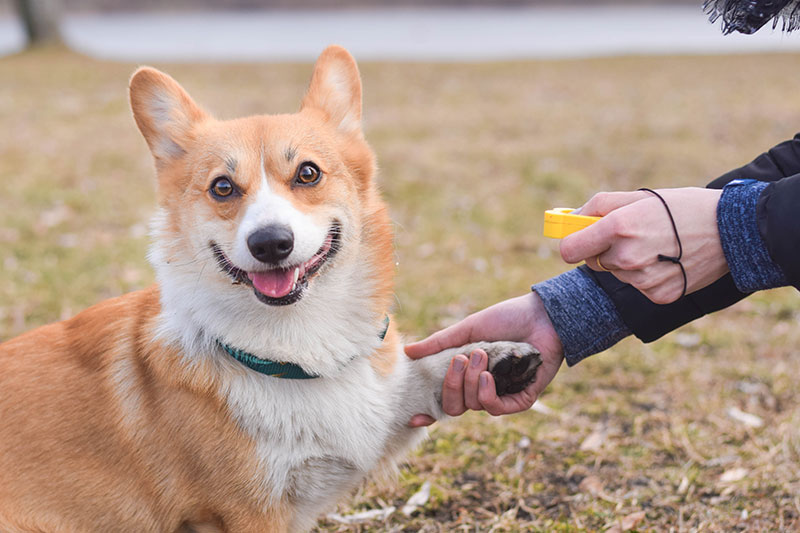
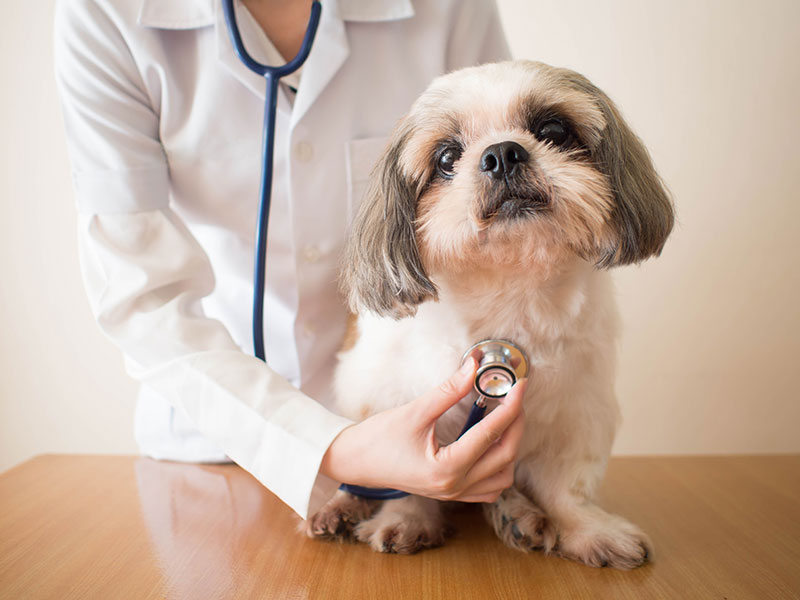



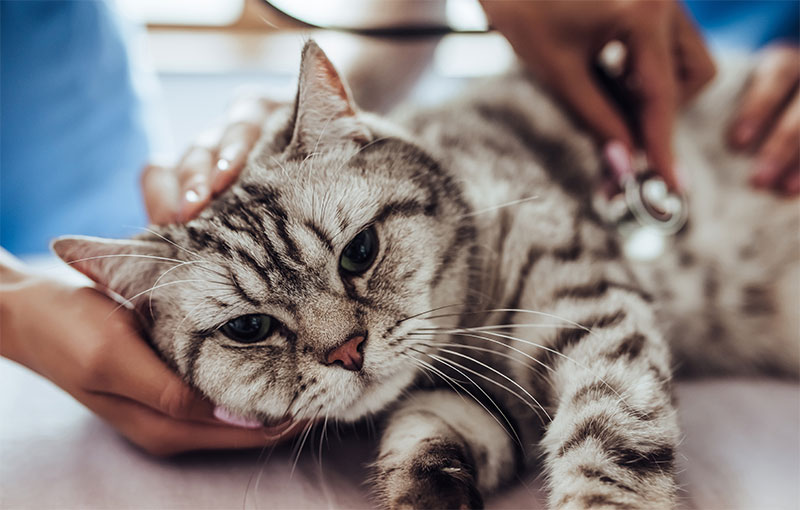


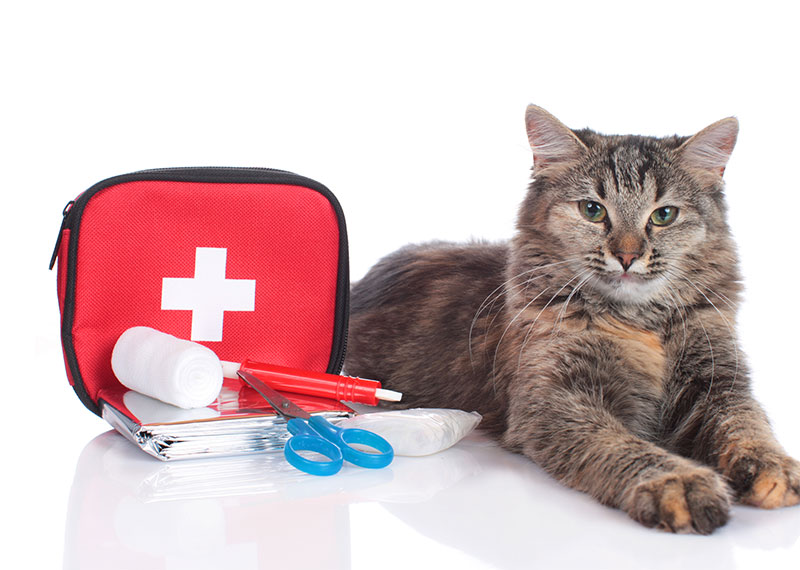
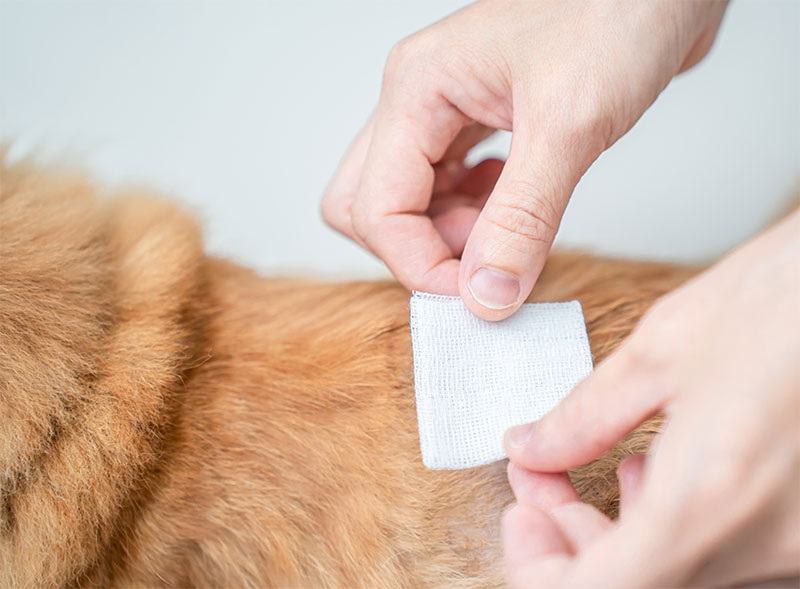




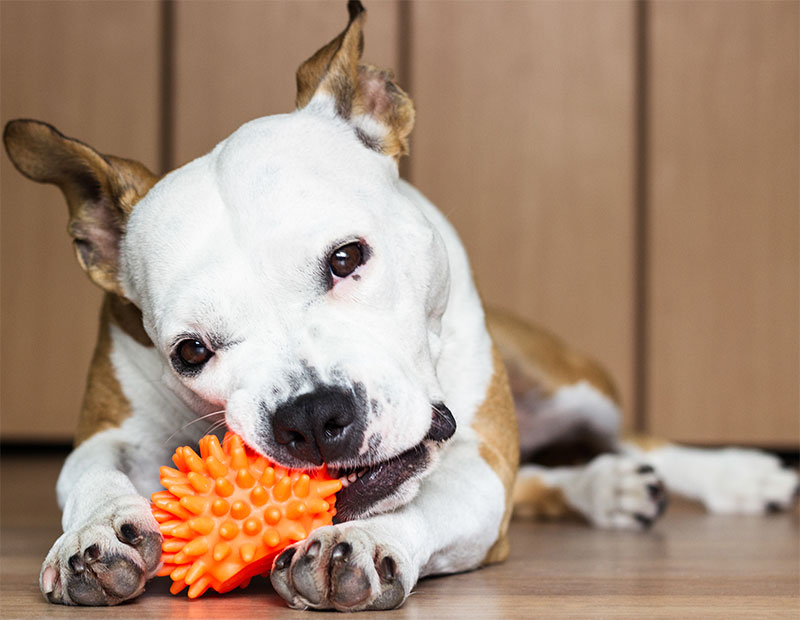
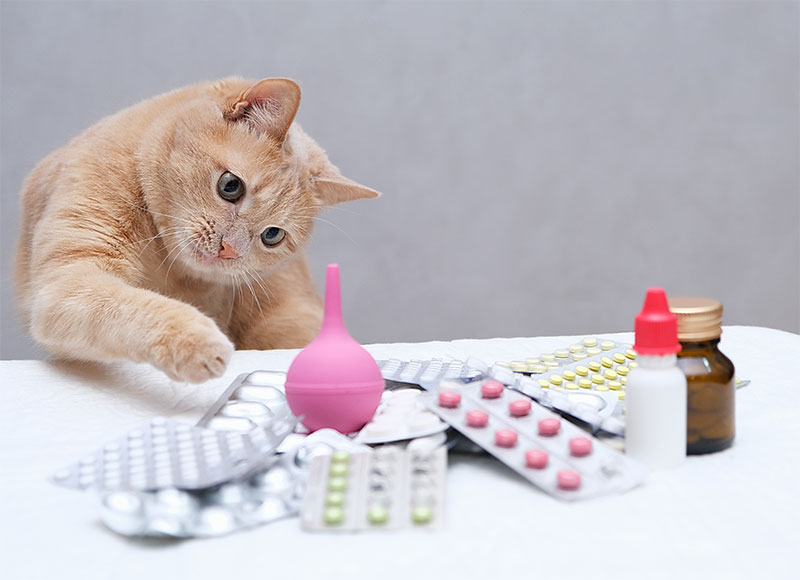







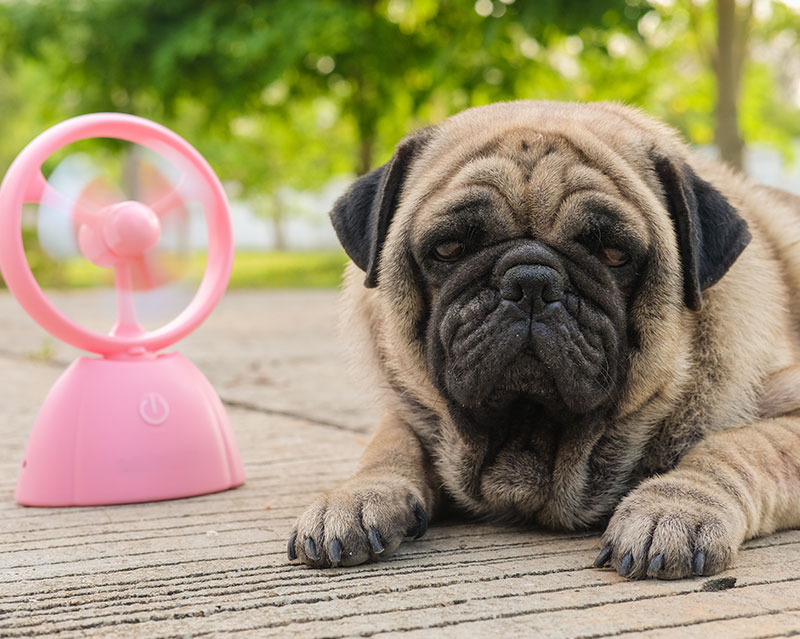

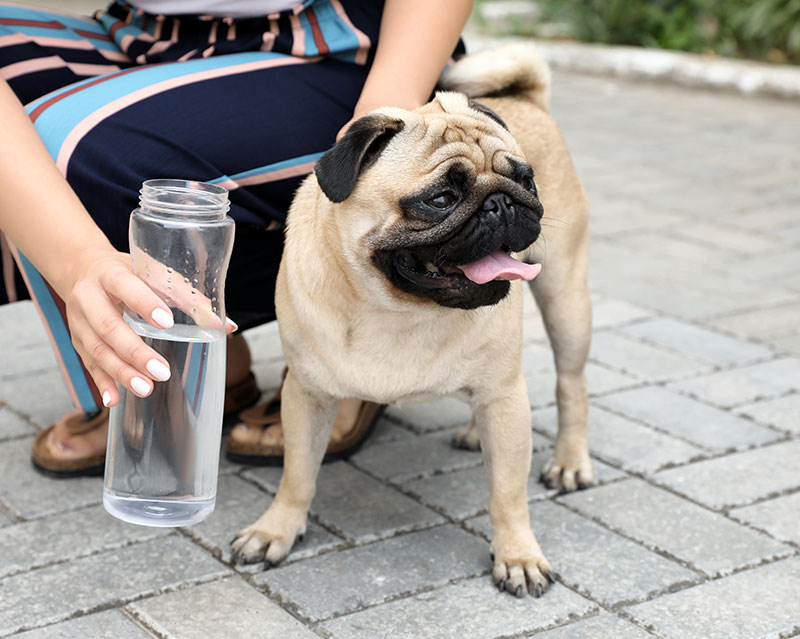



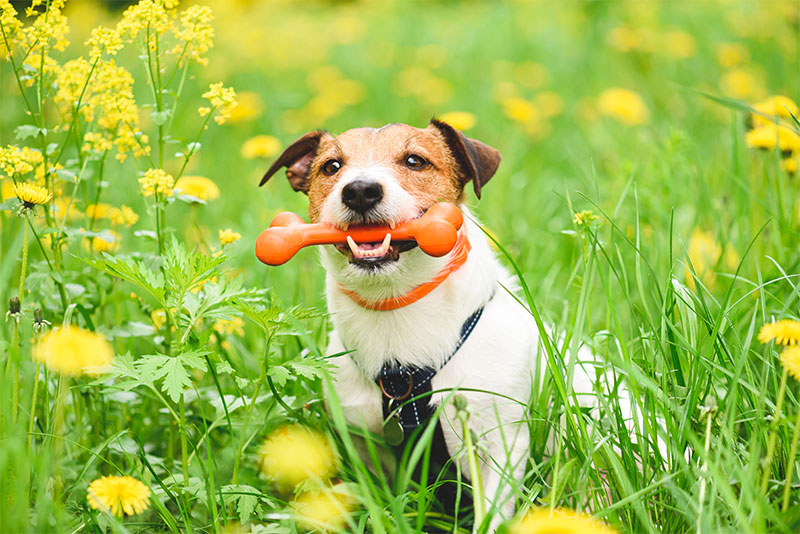



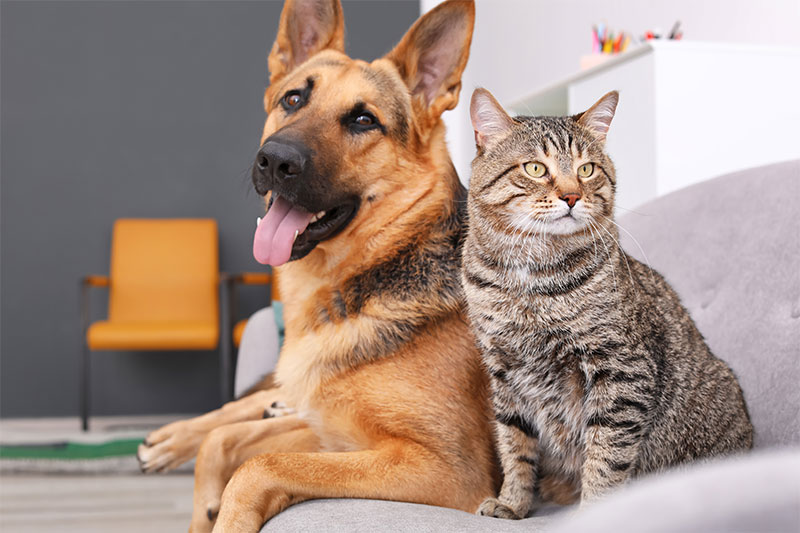





 CLINIC LOGIN
CLINIC LOGIN